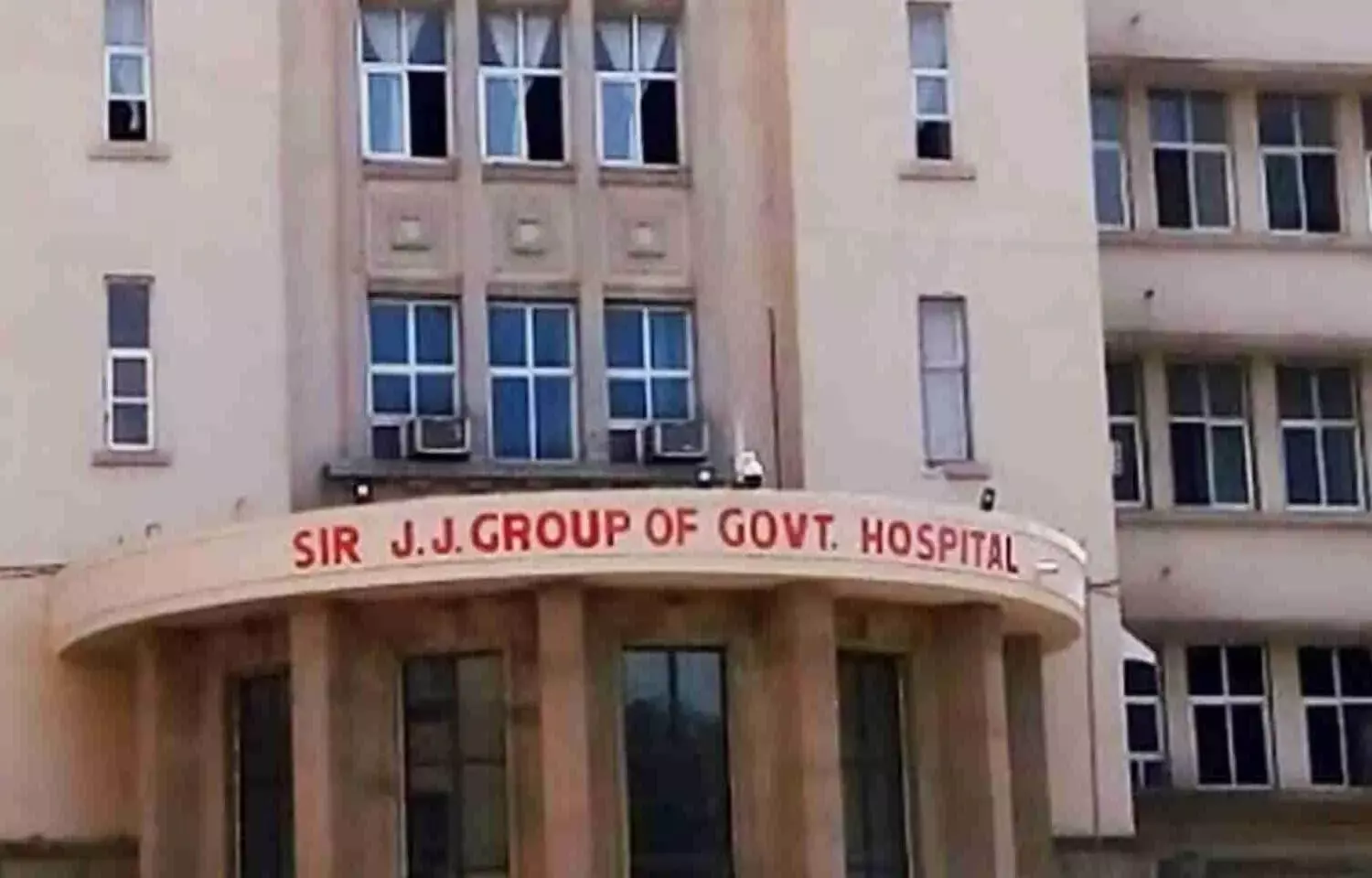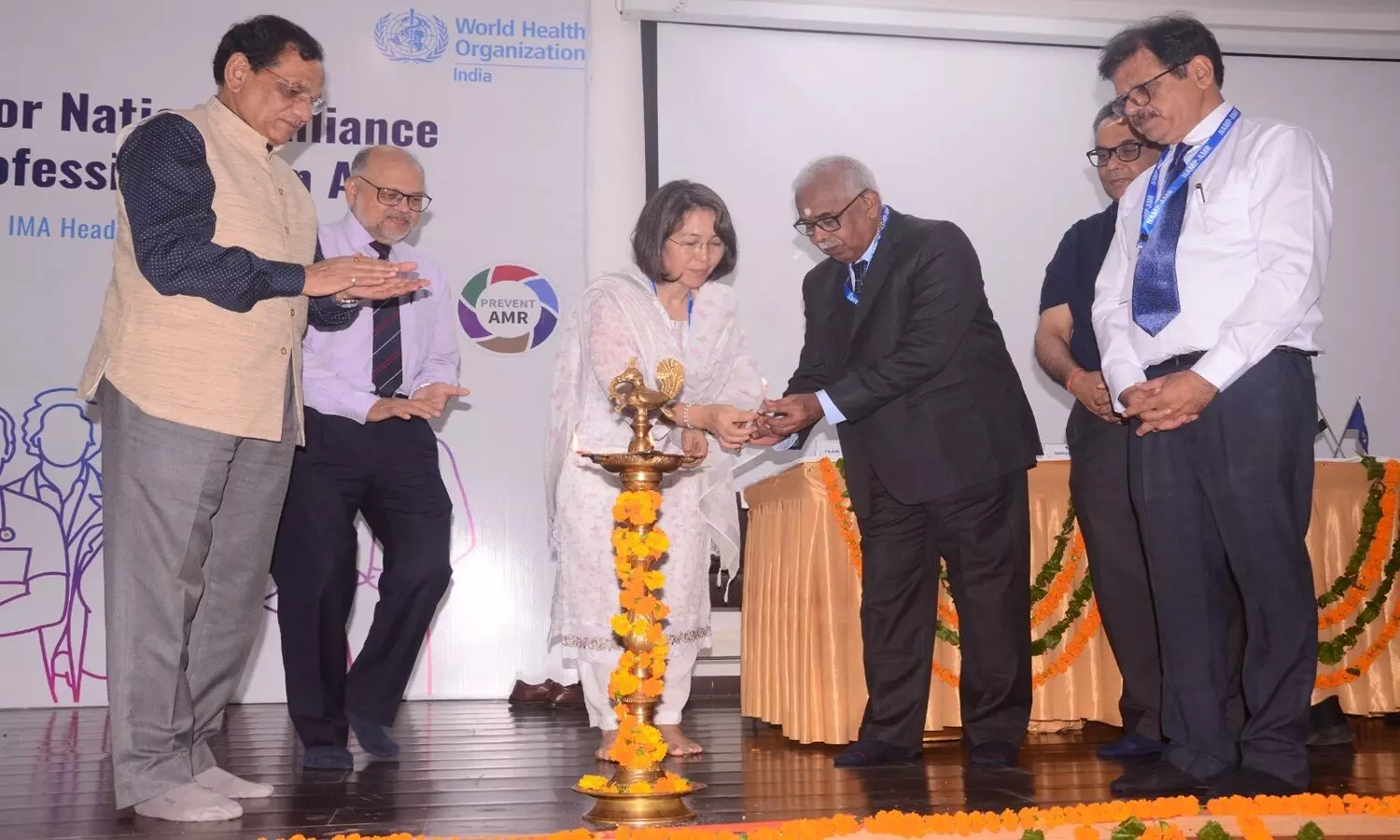- Home
- Medical news & Guidelines
- Anesthesiology
- Cardiology and CTVS
- Critical Care
- Dentistry
- Dermatology
- Diabetes and Endocrinology
- ENT
- Gastroenterology
- Medicine
- Nephrology
- Neurology
- Obstretics-Gynaecology
- Oncology
- Ophthalmology
- Orthopaedics
- Pediatrics-Neonatology
- Psychiatry
- Pulmonology
- Radiology
- Surgery
- Urology
- Laboratory Medicine
- Diet
- Nursing
- Paramedical
- Physiotherapy
- Health news
- Fact Check
- Bone Health Fact Check
- Brain Health Fact Check
- Cancer Related Fact Check
- Child Care Fact Check
- Dental and oral health fact check
- Diabetes and metabolic health fact check
- Diet and Nutrition Fact Check
- Eye and ENT Care Fact Check
- Fitness fact check
- Gut health fact check
- Heart health fact check
- Kidney health fact check
- Medical education fact check
- Men's health fact check
- Respiratory fact check
- Skin and hair care fact check
- Vaccine and Immunization fact check
- Women's health fact check
- AYUSH
- State News
- Andaman and Nicobar Islands
- Andhra Pradesh
- Arunachal Pradesh
- Assam
- Bihar
- Chandigarh
- Chattisgarh
- Dadra and Nagar Haveli
- Daman and Diu
- Delhi
- Goa
- Gujarat
- Haryana
- Himachal Pradesh
- Jammu & Kashmir
- Jharkhand
- Karnataka
- Kerala
- Ladakh
- Lakshadweep
- Madhya Pradesh
- Maharashtra
- Manipur
- Meghalaya
- Mizoram
- Nagaland
- Odisha
- Puducherry
- Punjab
- Rajasthan
- Sikkim
- Tamil Nadu
- Telangana
- Tripura
- Uttar Pradesh
- Uttrakhand
- West Bengal
- Medical Education
- Industry
JJ Hospital struggles to maintain Digital Healthcare Management Information System

Mumbai: JJ Hospital, the state's largest government-run medical college and hospital, is facing challenges in sustaining its recently launched digital Healthcare Management Information System (HMIS). Implemented just eight months ago, the HMIS aimed to digitize patient records and improve hospital efficiency by minimizing paperwork and streamlining patient record management.
Currently, patients visiting JJ Hospital must manually collect documents from the outpatient department (OPD), where doctors record health issues and prescriptions on paper. Without the HMIS, patient registration can take up to 10-12 minutes, and lost case papers result in a lengthy manual retrieval process, reports The Indian Express.
The HMIS was designed to allow online patient registration, assign a unique identity number to each patient, and provide quick access to comprehensive patient details, including blood reports, X-rays, MRIs, and CT scans. This system was expected to enhance record-keeping, reduce human errors, and decrease patients’ waiting times statewide.
In November, the hospital implemented the HMIS with the help of a vendor who installed computers and data operators to manage patient records. However, a dispute with the contractor led to the system becoming non-functional shortly after its initiation. Despite assurances from the state government that a new vendor would be appointed to address the issue, the hospital has had to revert to manual record-keeping and physical case papers.
All government medical colleges and hospitals in Maharashtra must essentially implement the HMIS. Last November, the system was implemented as a trial run in six medical colleges and hospitals in Pune, Aurangabad, Nagpur, Dhule, Kolhapur, and the JJ Group of Hospitals. A senior official from the Medical Education Department, who requested anonymity, stated that the government is yet to proceed with the proposal of setting up the necessary local area network (LAN). However, the process could not be carried forward until the government gives its nod, reports the Daily. “We hope to roll out the HMIS state-wide by the beginning of August,” said Rajiv Nivatkar, Commissioner of Medical Education.
In July, the state government sanctioned Rs 269.5 crore for the implementation of the HMIS in hospitals. This responsibility has been transferred to the National Informatics Centre (NIC), a government entity, rather than a private contractor. The Brihanmumbai Municipal Corporation (BMC)-run GMCH has experienced notable advantages from the system. Since its launch at BYL Nair Hospital in 2018, six more hospitals and five dispensaries have adopted the system, digitizing nearly 6.9 million patient records by the end of July.
A recent analysis by the Tata Institute of Social Sciences (TISS) found that manual record-keeping at Sion and KEM hospitals results in extended waiting periods, surgery postponements, and errors in laboratory results due to illegible handwriting on sample markings by lab technicians.
Sanchari Chattopadhyay has pursued her M.A in English and Culture Studies from the University of Burdwan, West Bengal. She likes observing cultural specificities and exploring new places.



